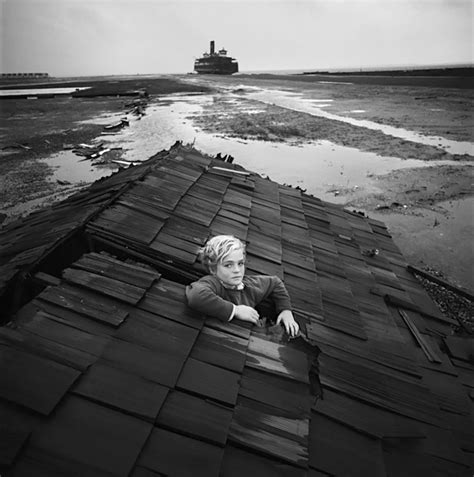A Quote by Phyllis Diller
It would seem that something which means poverty, disorder and violence every single day should be avoided entirely, but the desire to beget children is a natural urge.
Related Quotes
We lose eight children and teenagers to gun violence every day. If a mysterious virus suddenly started killing eight of our children every day, America would mobilize teams of doctors and public health officials. We would move heaven and earth until we found a way to protect our children. But not with gun violence.
I must remind you that starving a child is violence. Suppressing a culture is violence. Neglecting school children is violence. Punishing a mother and her family is violence. Discrimination against a working man is violence. Ghetto housing is violence. Ignoring medical need is violence. Contempt for poverty is violence.
As soon as men live entirely in accord with the law of love natural to their hearts and now revealed to them, which excludes all resistance by violence, and therefore hold aloof from all participation in violence - as soon as this happens, not only will hundreds be unable to enslave millions, but not even millions will be able to enslave a single individual.
One of the unspoken themes that I'm grappling with in Day of Honey is the relationship between violence and cosmopolitanism. It's one thing to comprehend violence as an outgrowth of ignorance, poverty, and backwardness. It's another matter entirely to confront incredible atrocities in a country with a rich civic and intellectual life.
I think there are so many children being brought up in some form of violence, be it violence of poverty or sexism or racism or homophobia or transphobia. That violence takes a life to transform or overcome. I don't think people should be spending their lives dealing with that. I think people should be thriving, playing, creating, evolving.
What I'm interested in is the protection of children from violence, and they are exposed to violence every single day in the form of, as it's called, the news. Then you wonder why the children are running around, doing the things in the streets, doing the things that they've seen the adults doing in the so-called news.


































